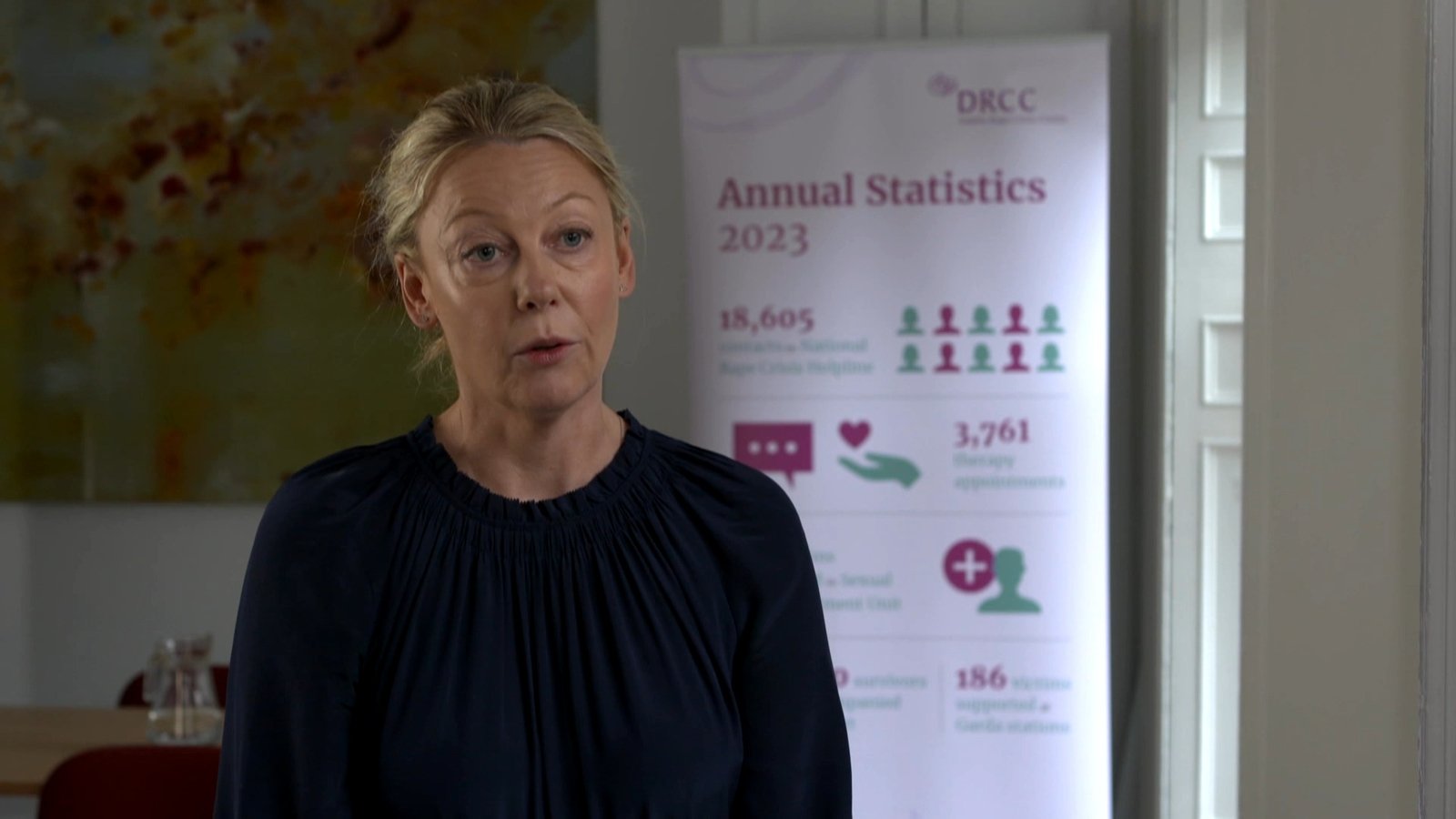The Dublin Rape Crisis Centre (DRCC) has stressed the importance of continued education and open dialogue to foster a culture of “enthusiastic and respectful” consent.
As part of its national We-Consent campaign, the DRCC has published the findings of an online survey of 973 adults conducted in April by Opinions Research and the creative agency language.
Approximately 93% of respondents said they understood issues around lack of consent, yet they believed only 62% of the general population shared that understanding.
The survey showed that 90% agreed everyone had the right to change their mind at any point during a sexual encounter, up 2% since 2024.
Almost half (47%) wanted to know more about consent.
While 76% agreed with the statement ‘I am comfortable having consent conversations with my friends’. This lowered to 64% of men aged 35-54.
A total of 87% agreed ‘it is up to parents to ensure their children understand consent”. This view was most strongly held by those over 55.
While 69% agreed with the view “it is up to schools to ensure young people understand consent’. This was a view that was most strongly held by women under 35.
Nearly one in four men under 45 (23%) said they would ‘probably keep going’ even if they suspected their partner is not enjoying a sexual encounter – up 3% since 2024.
Chief Executive of Dublin Rape Crisis Centre Rachel Morrogh noted that the survey found that men aged 18 to 24 were the least confident in their understanding of consent, with 16% unsure what it meant.
Considering their recent school experience, she described it as “surprising”.
However, she acknowledged that the updated Social, Personal and Health Education curriculum (SPHE) was still being embedded, and its full impact remained to be seen.
“Encouragingly, this uncertainty may reflect greater awareness of the complexity of consent. Unlike previous generations who just assumed they understood consent, today’s young men are more exposed to its nuances – such as ongoing consent, non-verbal cues, power dynamics – and may just be more honest about their confusion,” she said.
“This openness signals deeper engagement and real learning. It also highlights the need for ongoing education beyond school, helping young people build confidence as they navigate more complex relationships.”

